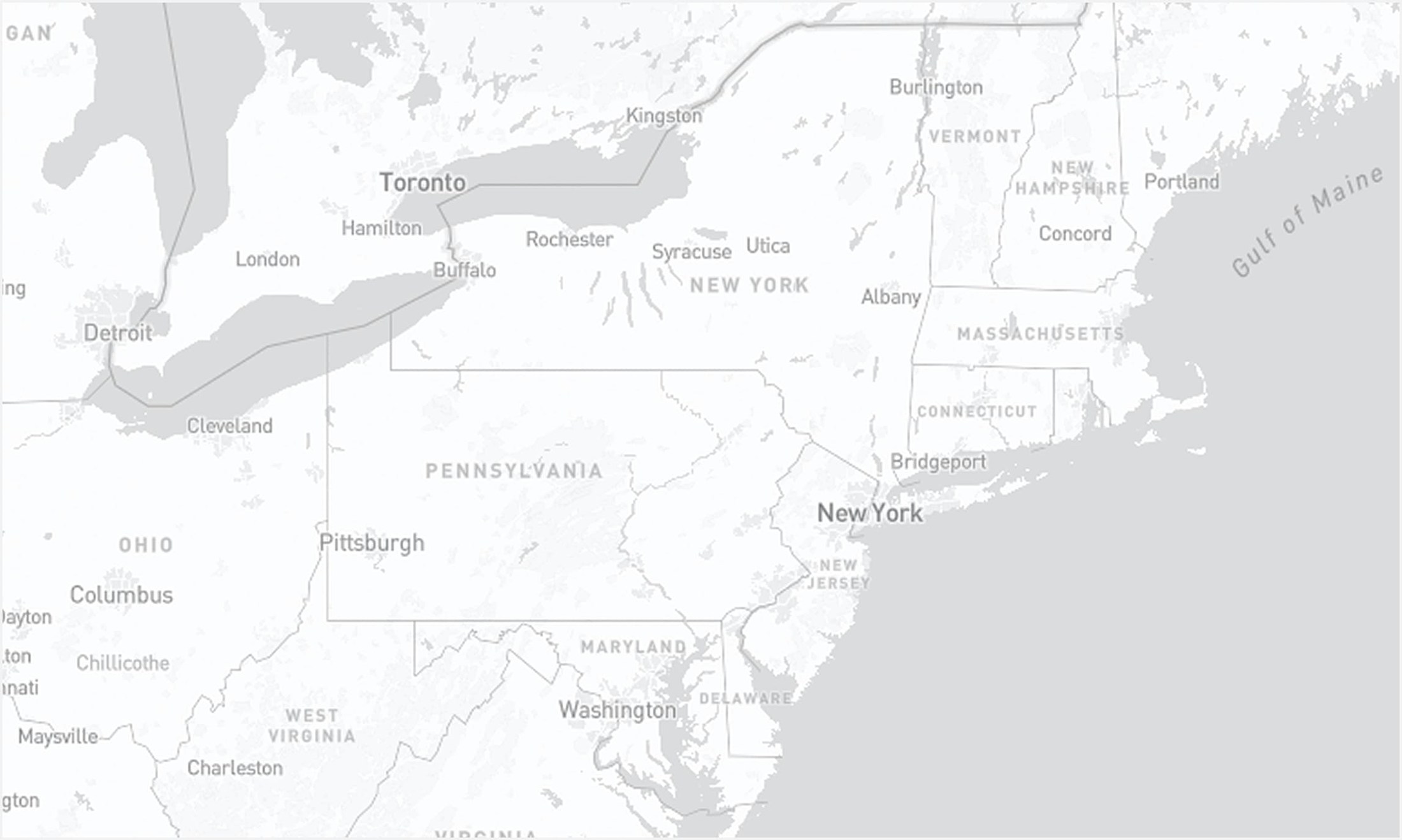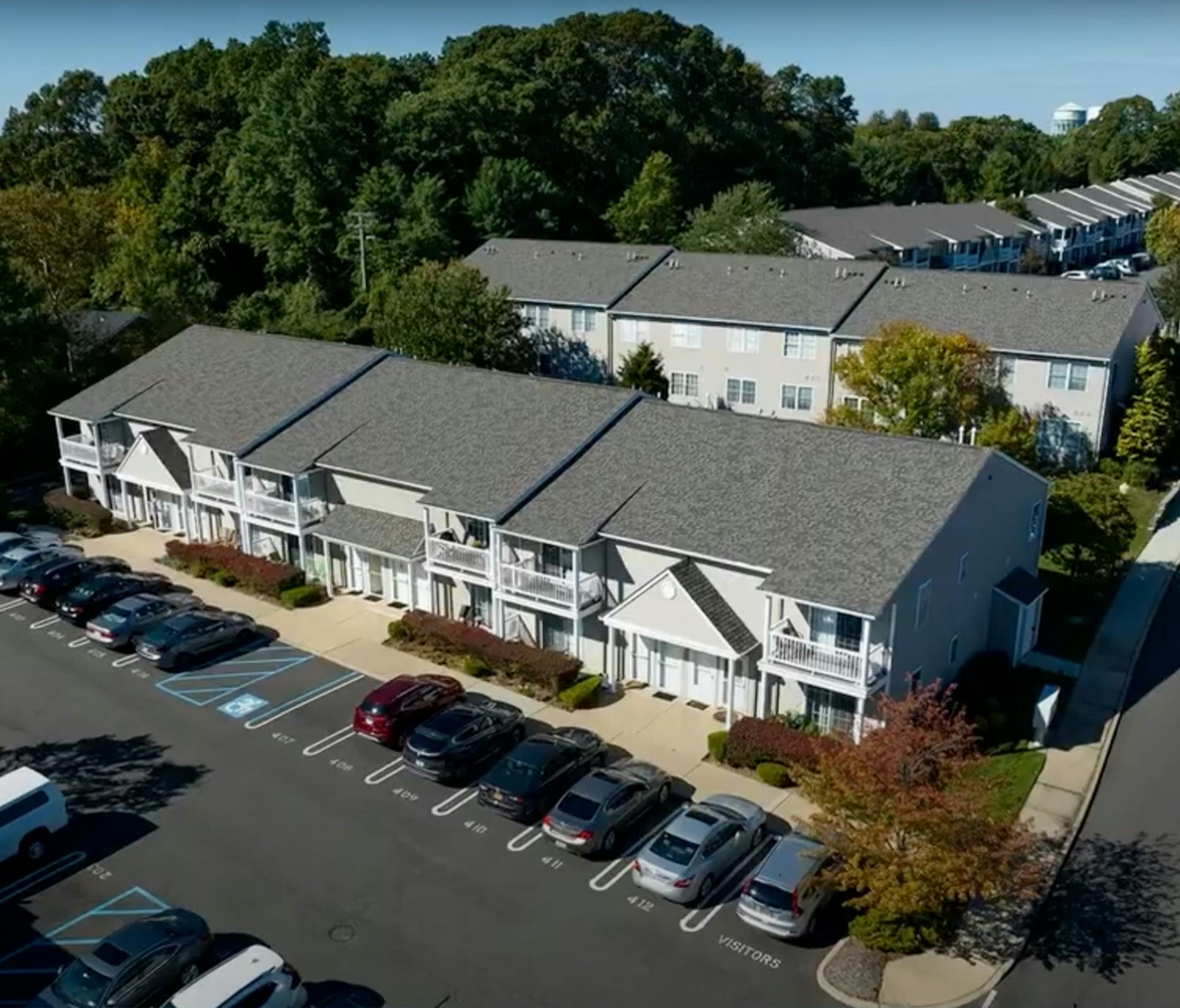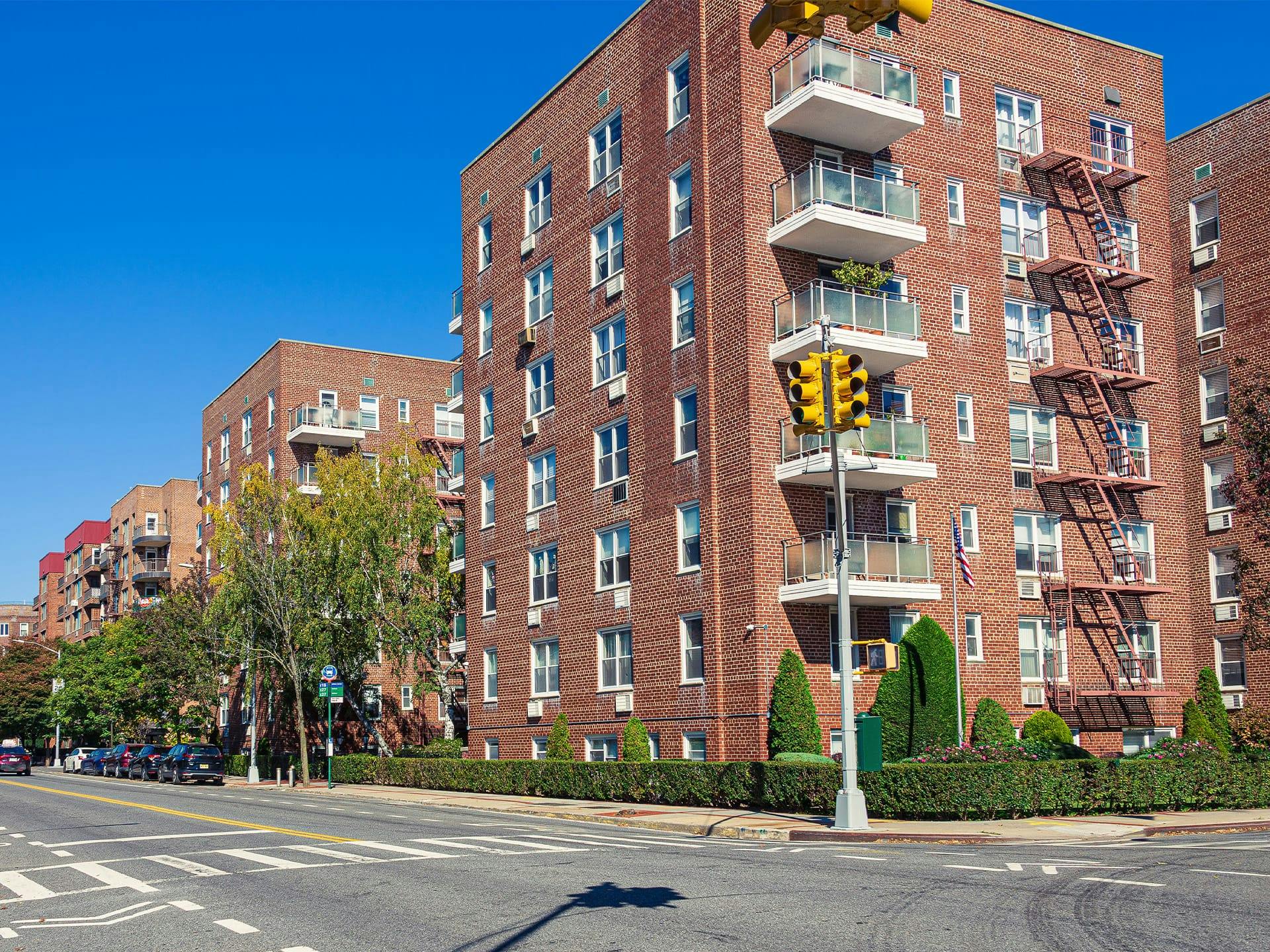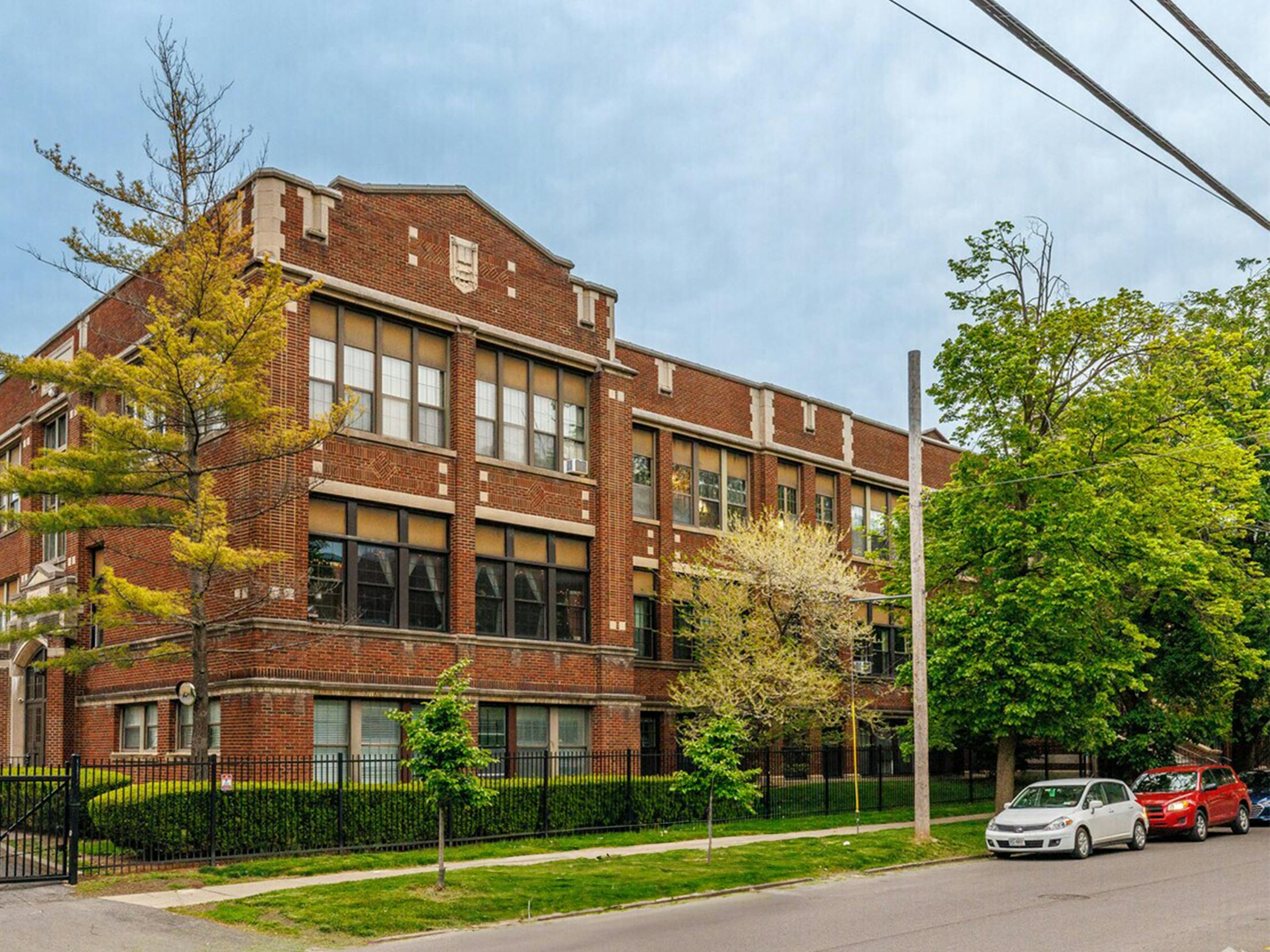In Condominiums (unlike Co-ops), the unit is actually owned by the unit owner in fee simple. The unit owner generally owns from the surface of the floor, ceiling, and walls inward.
The unit owner is also given an undivided interest in the Condominium’s common elements which is typically based upon the size of the unit and extent of irrevocably restricted common areas (i.e., those portions of the common areas that are for the sole use of a particular unit owner, such as a terrace or parking space), among other factors.
The Condominium’s affairs are governed by a Board of Managers (“Board”). The Board must comply with the terms of the Condominium’s Declaration, By-Laws, House Rules, and the Condominium Act. Regarding the repair, maintenance, and upkeep of the common areas, such work is typically performed by the Board on behalf of all unit owners. Such work is paid for with monies collected from the unit owners in the form of common charges. Unit Owners pay common charges (and assessments) fixed by the Condominium’s Board based upon the common interest attributable to the unit.
Laws impacting condominiums can be complicated. Condominiums in New York are governed by what is commonly referred to as the “Condominium Act” (NY Real Property Law Section 339 et. seq.). The Condominium Act also defines the minimum standards for a Condominium’s governing documents (i.e., the Declaration and By-Laws). When clarification of the Declaration and By-Laws is needed (or when there is a question about the appropriateness of a provision in the Condominium’s governing documents), the Condominium Act must be referred to.




































